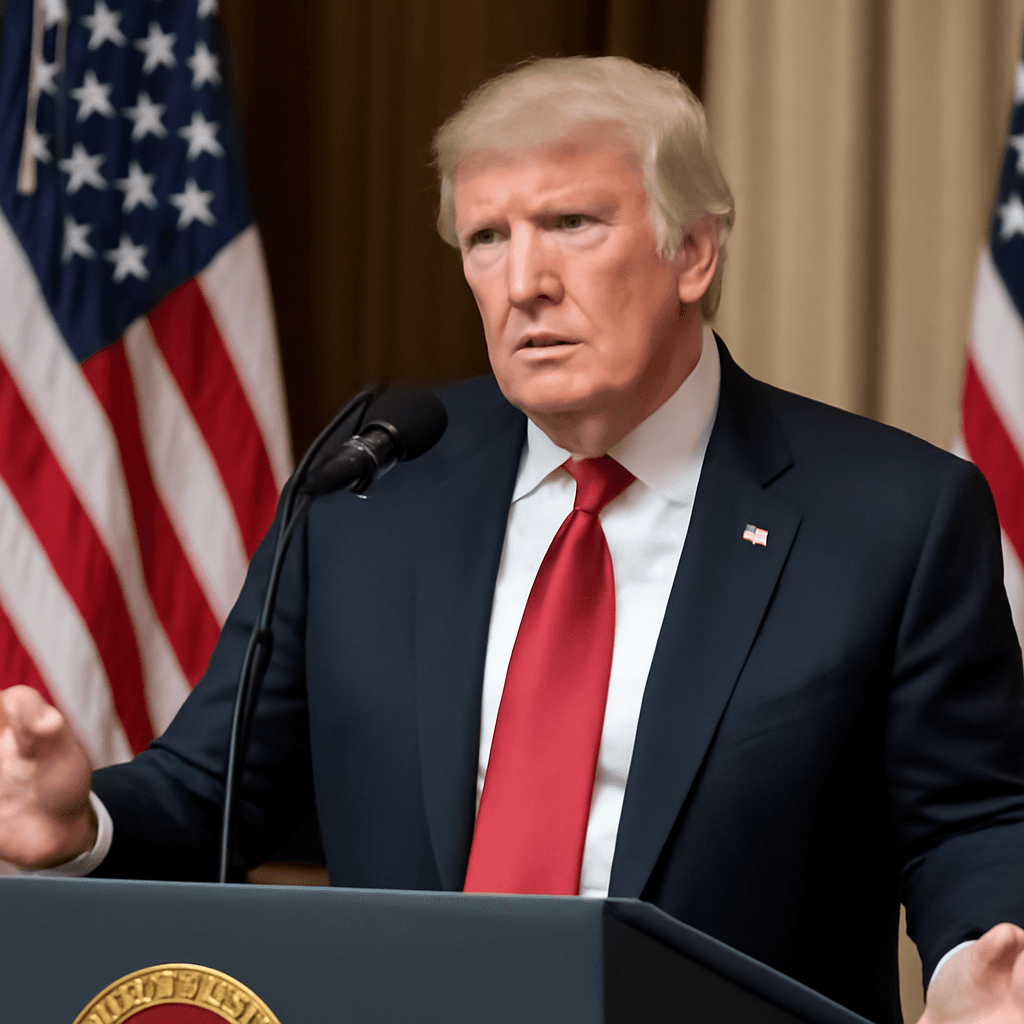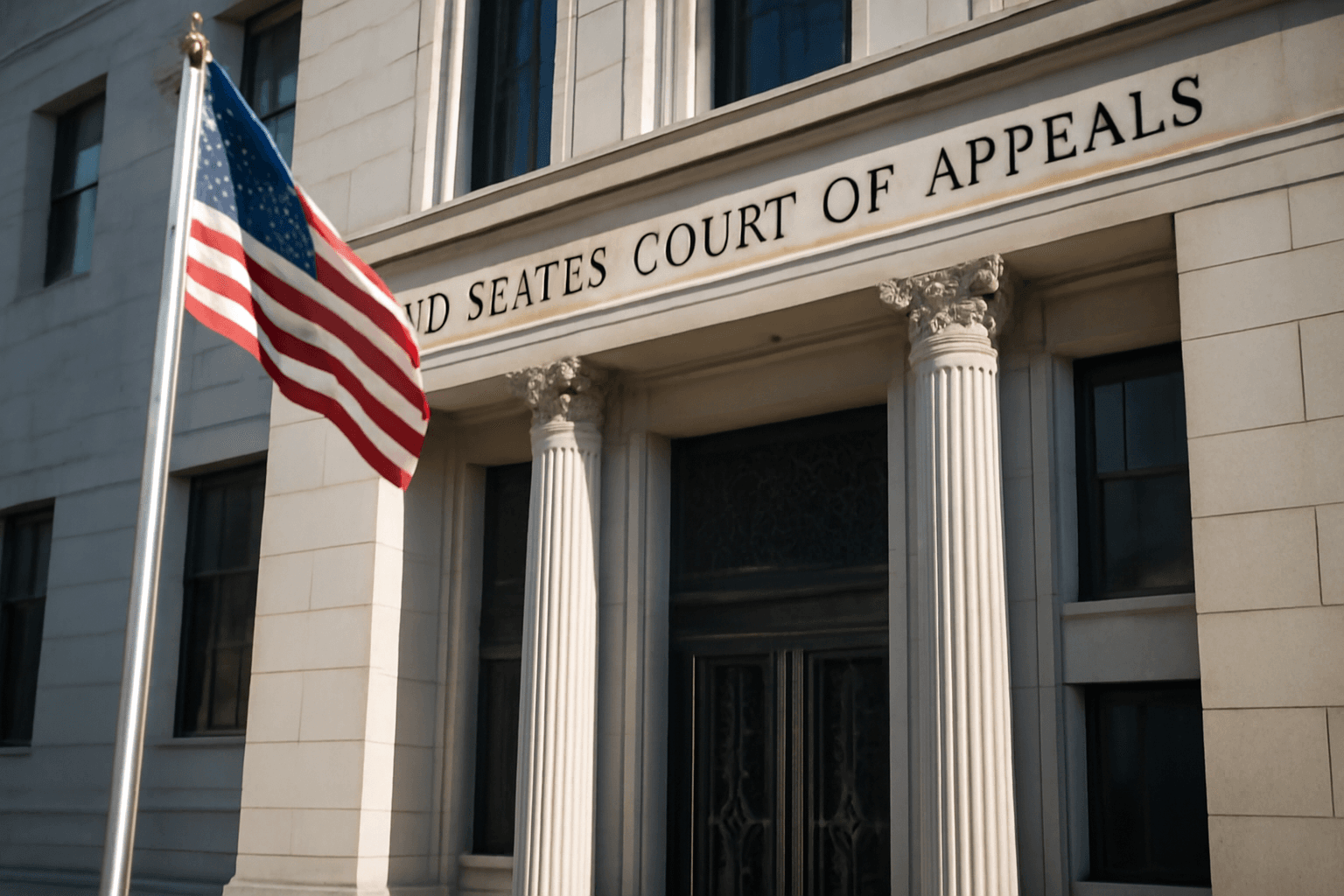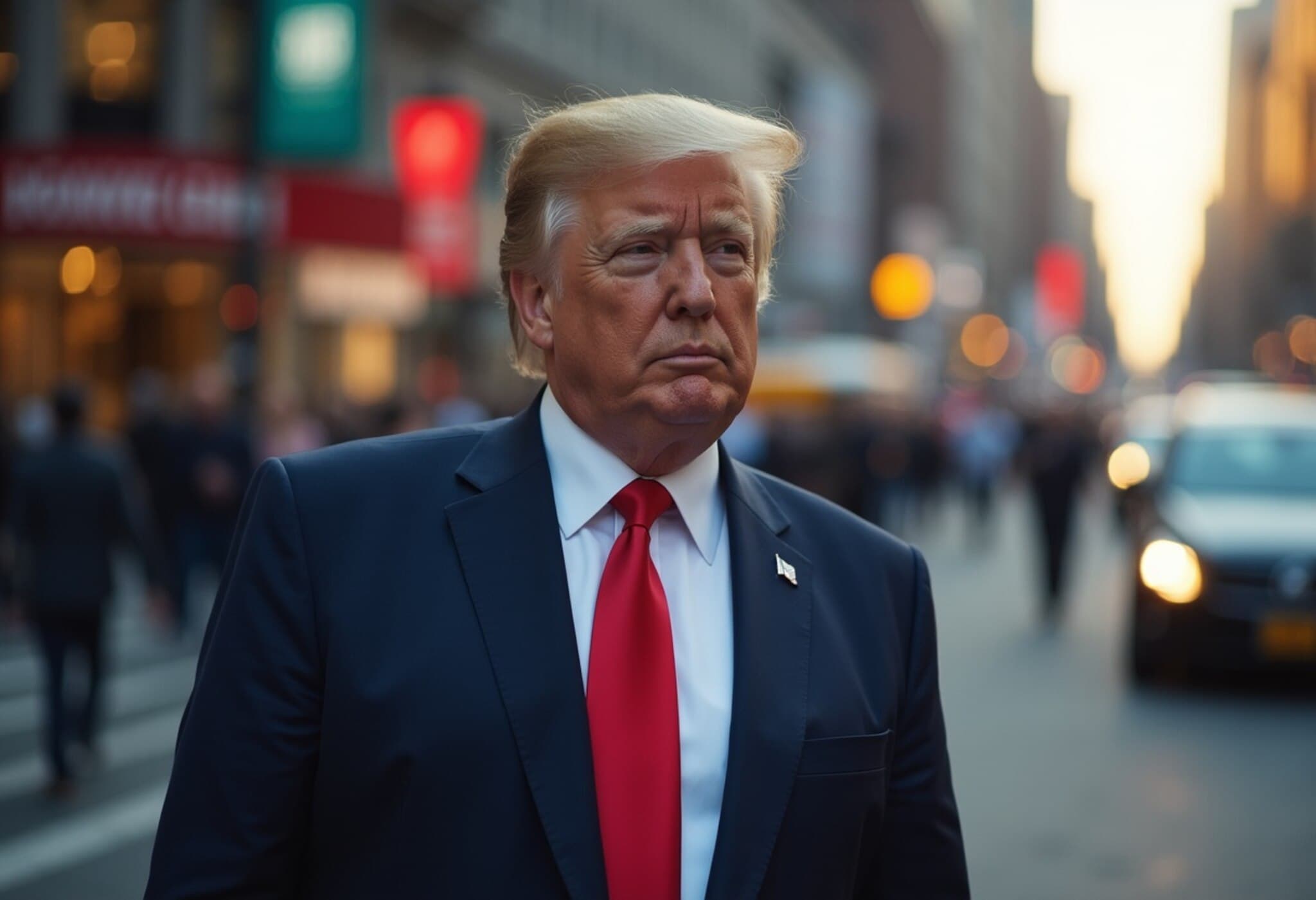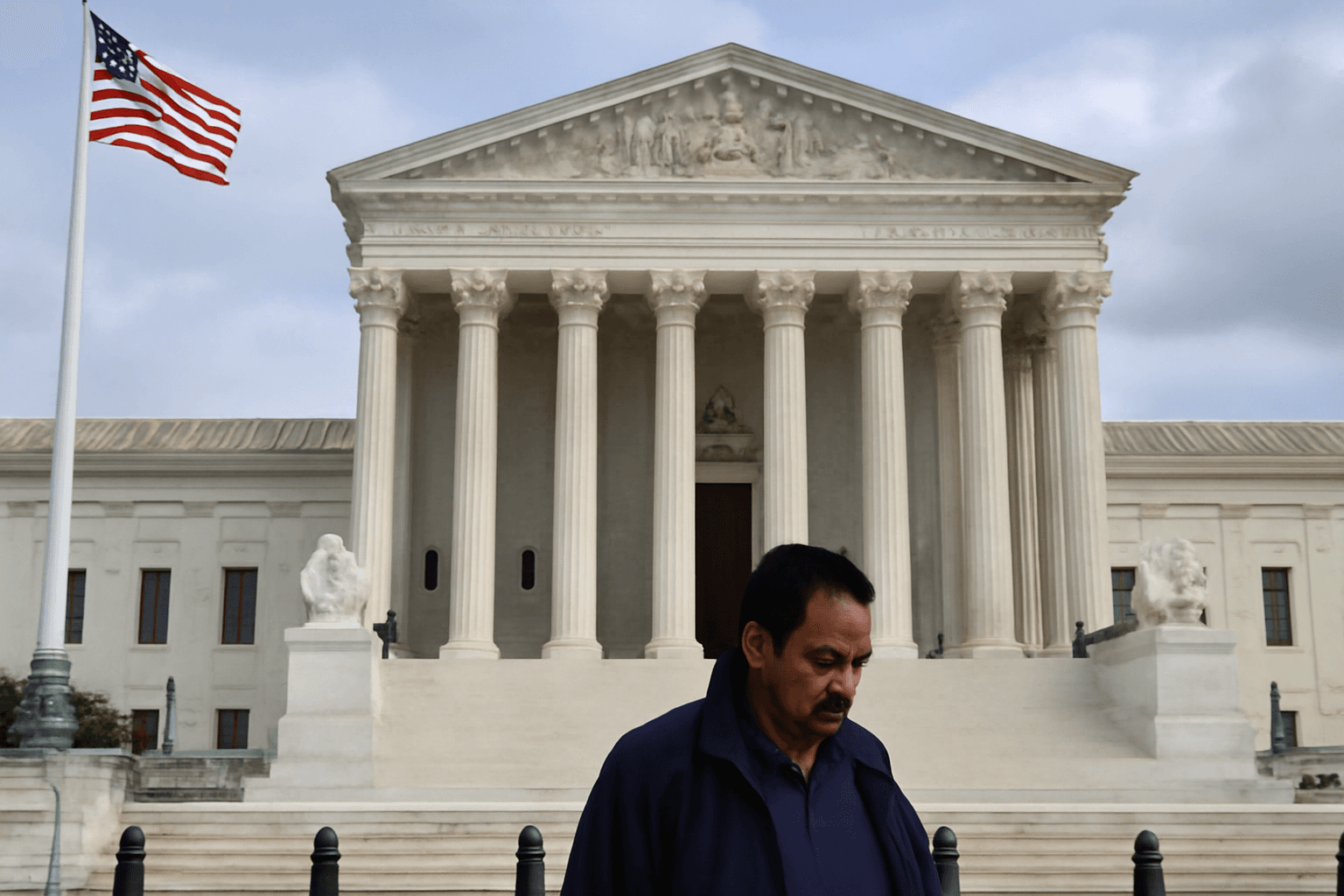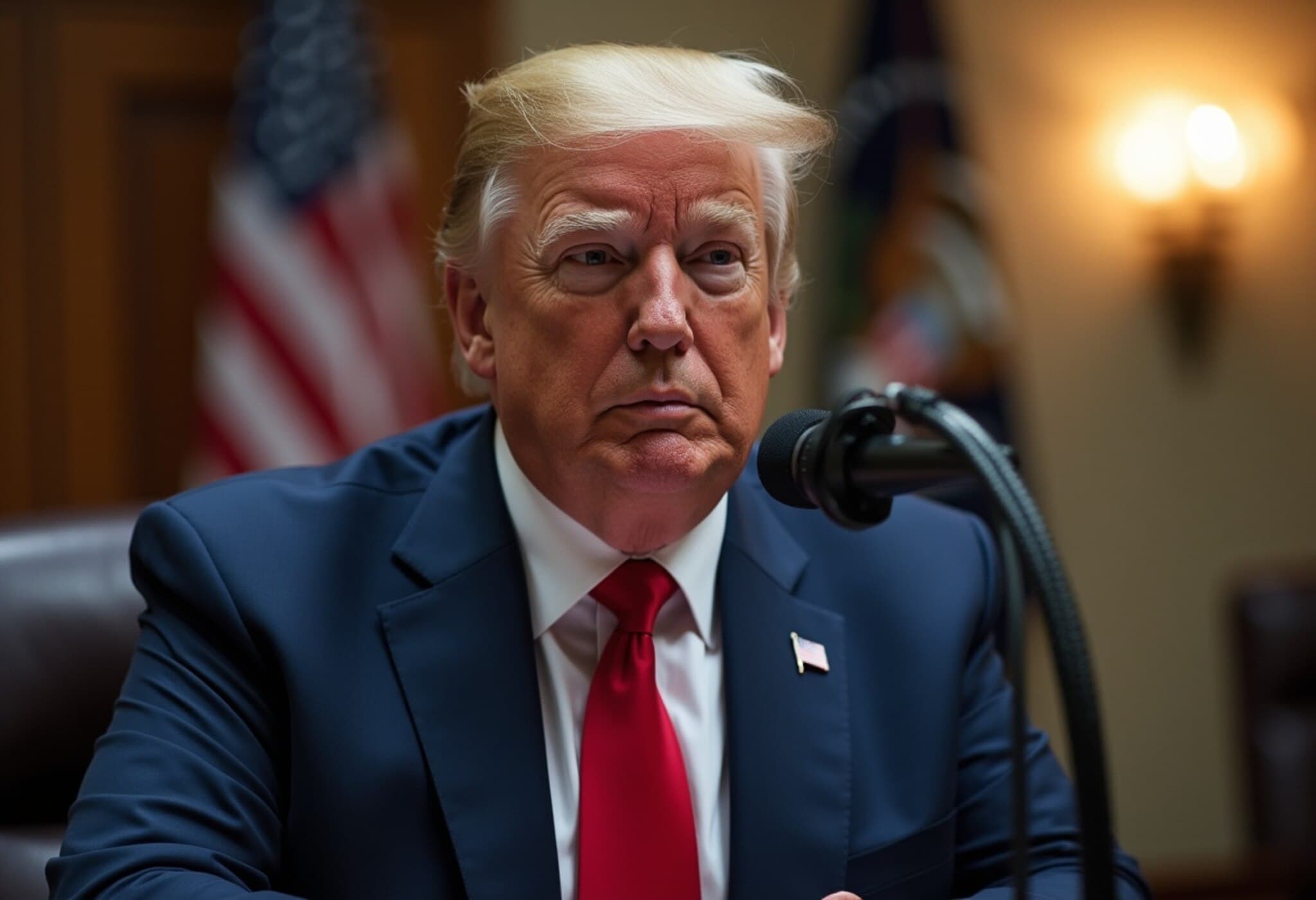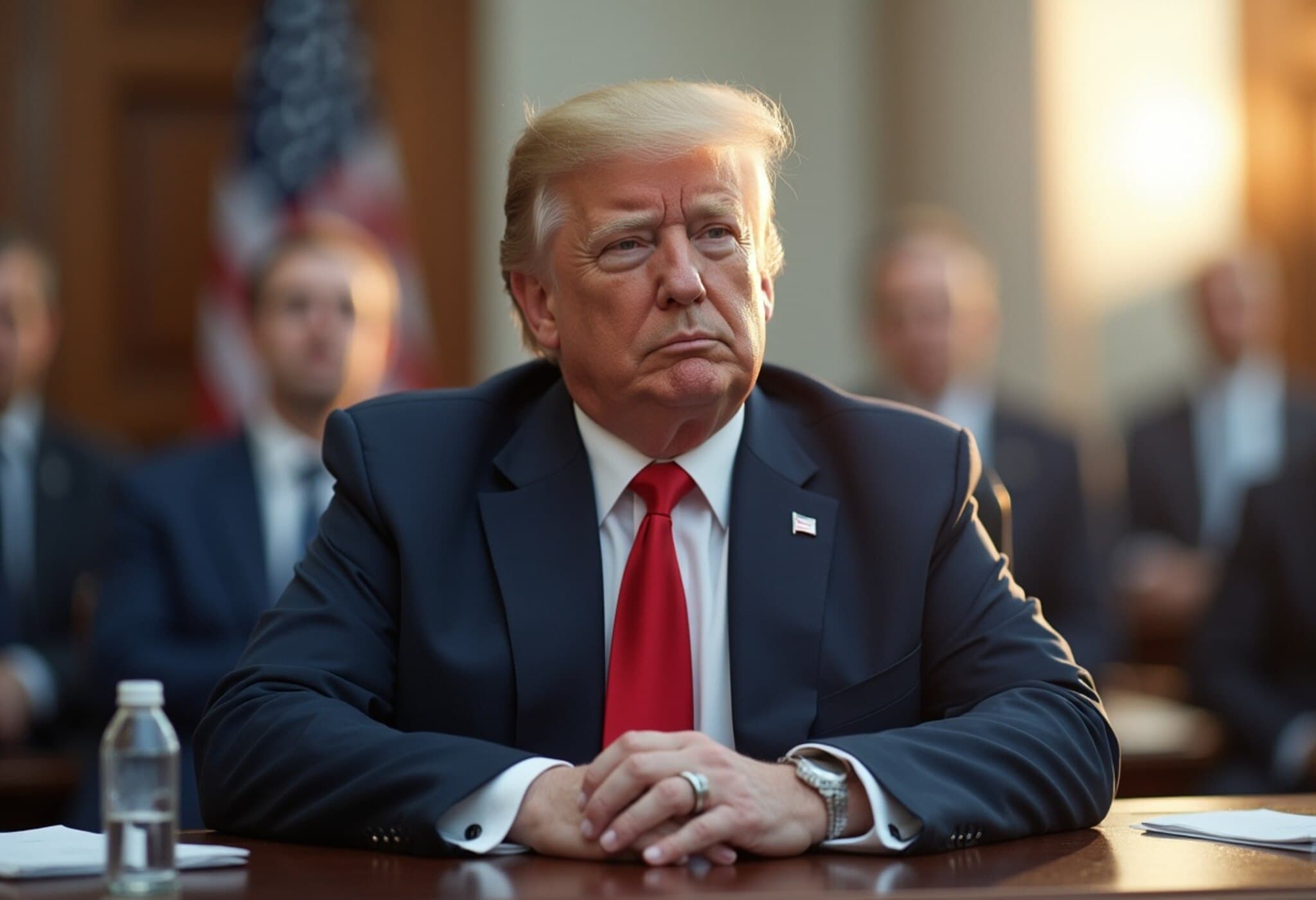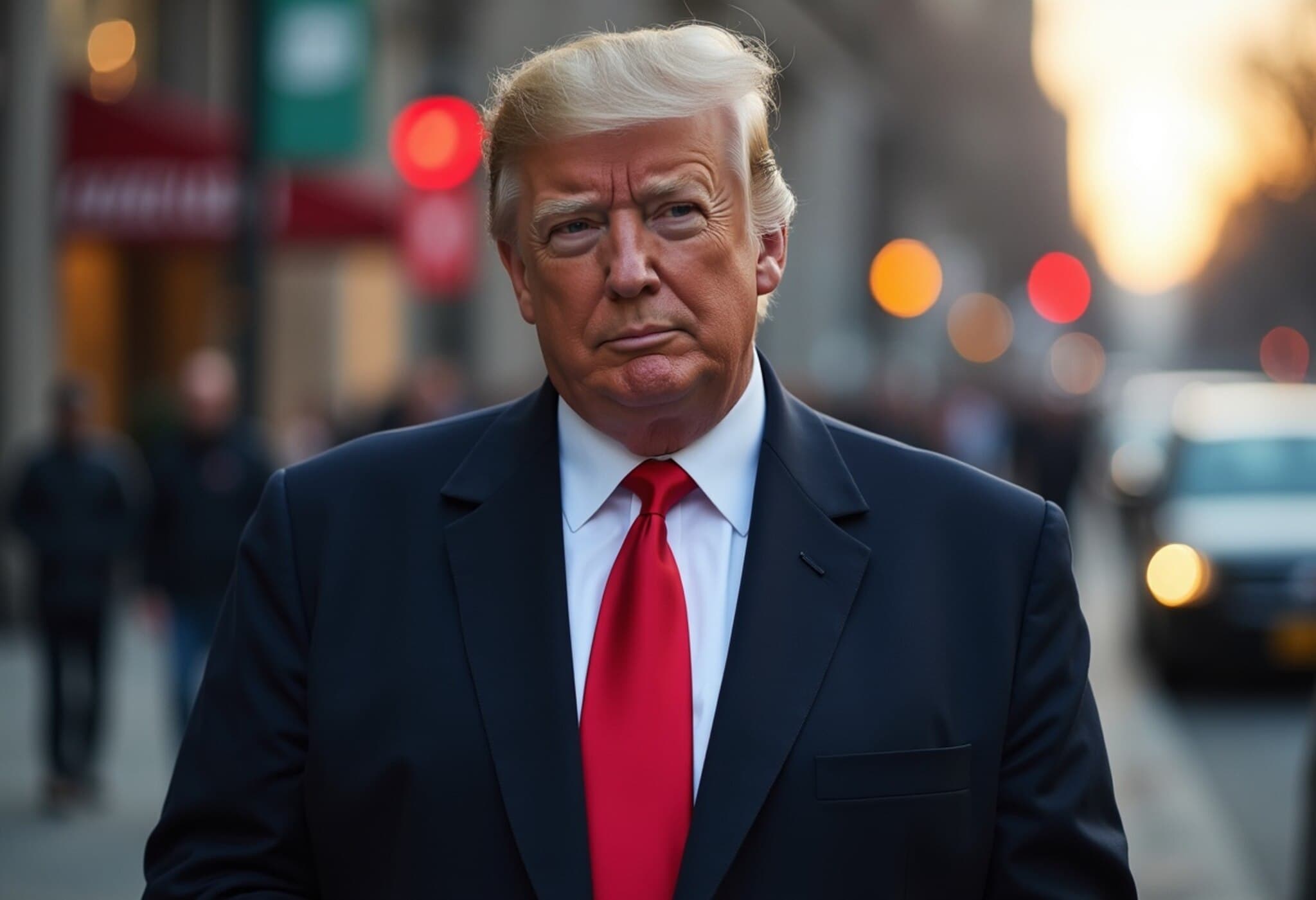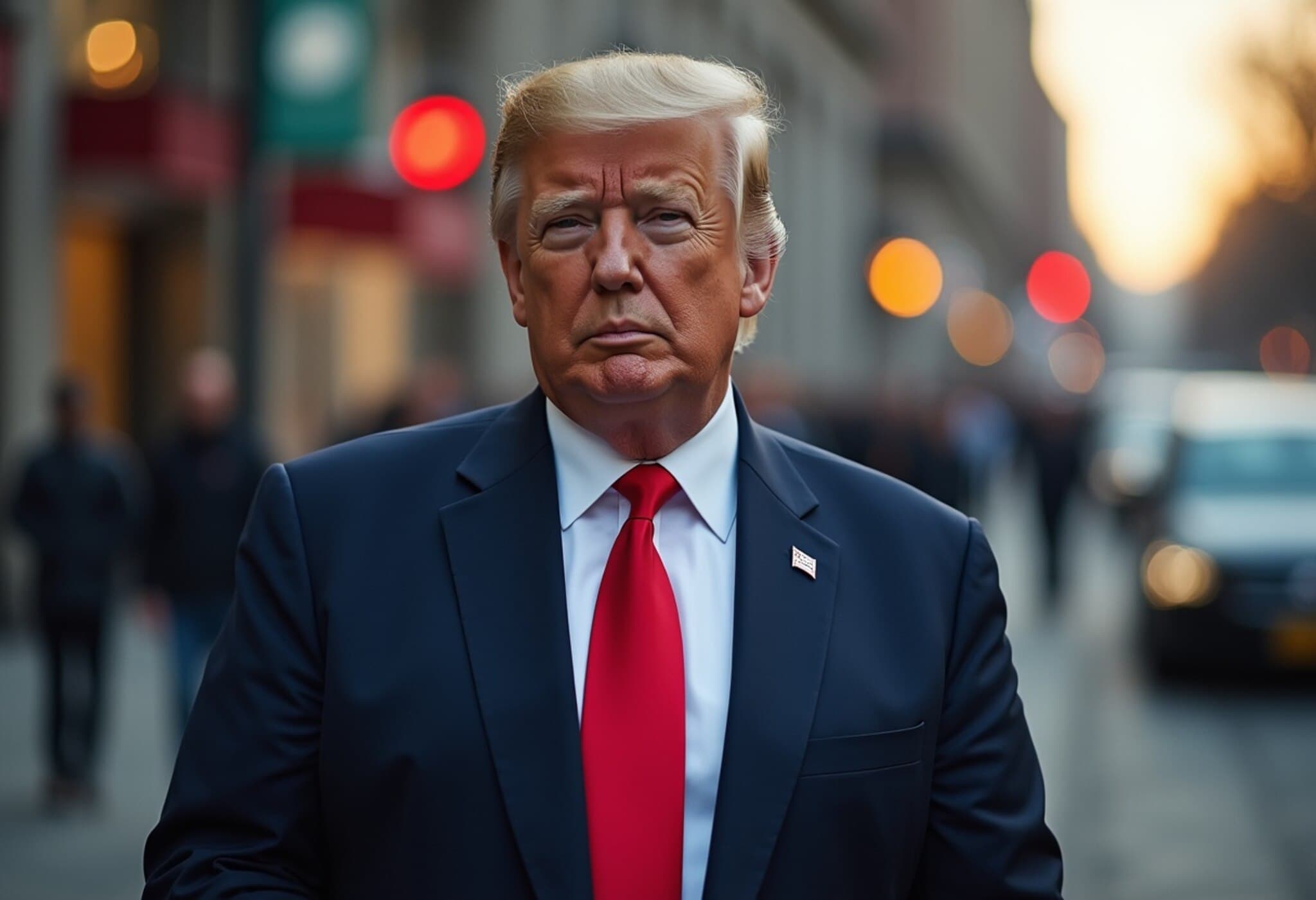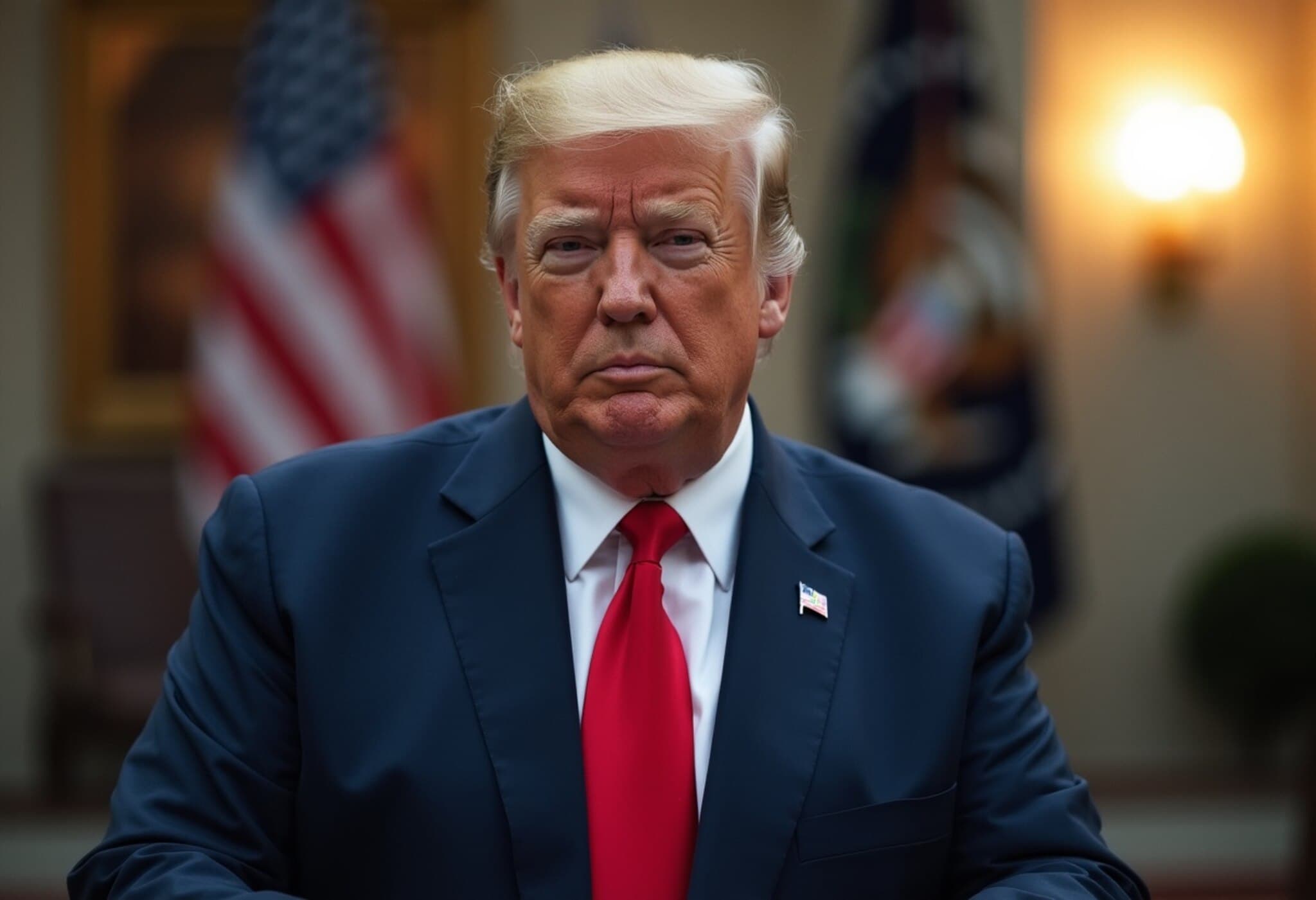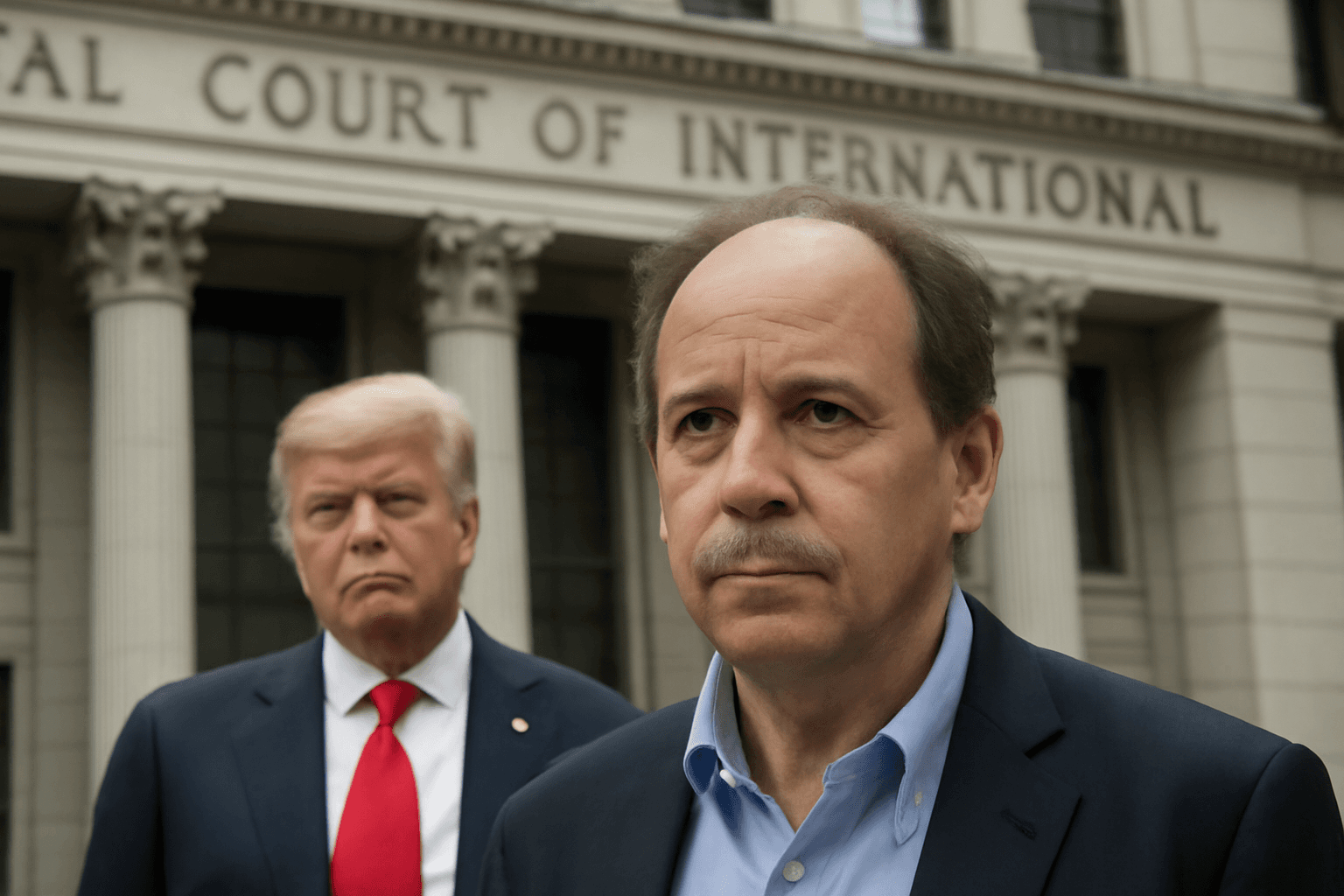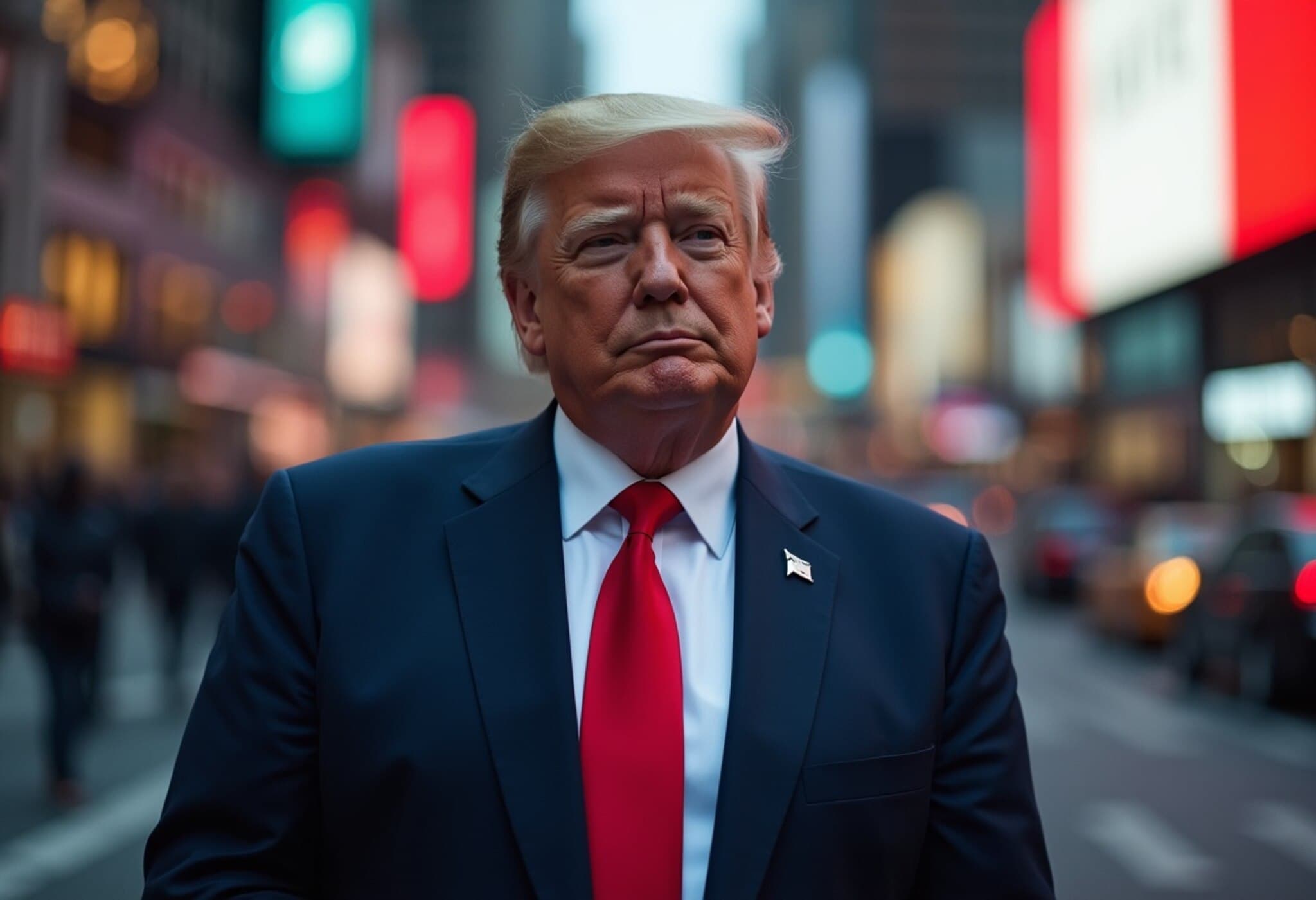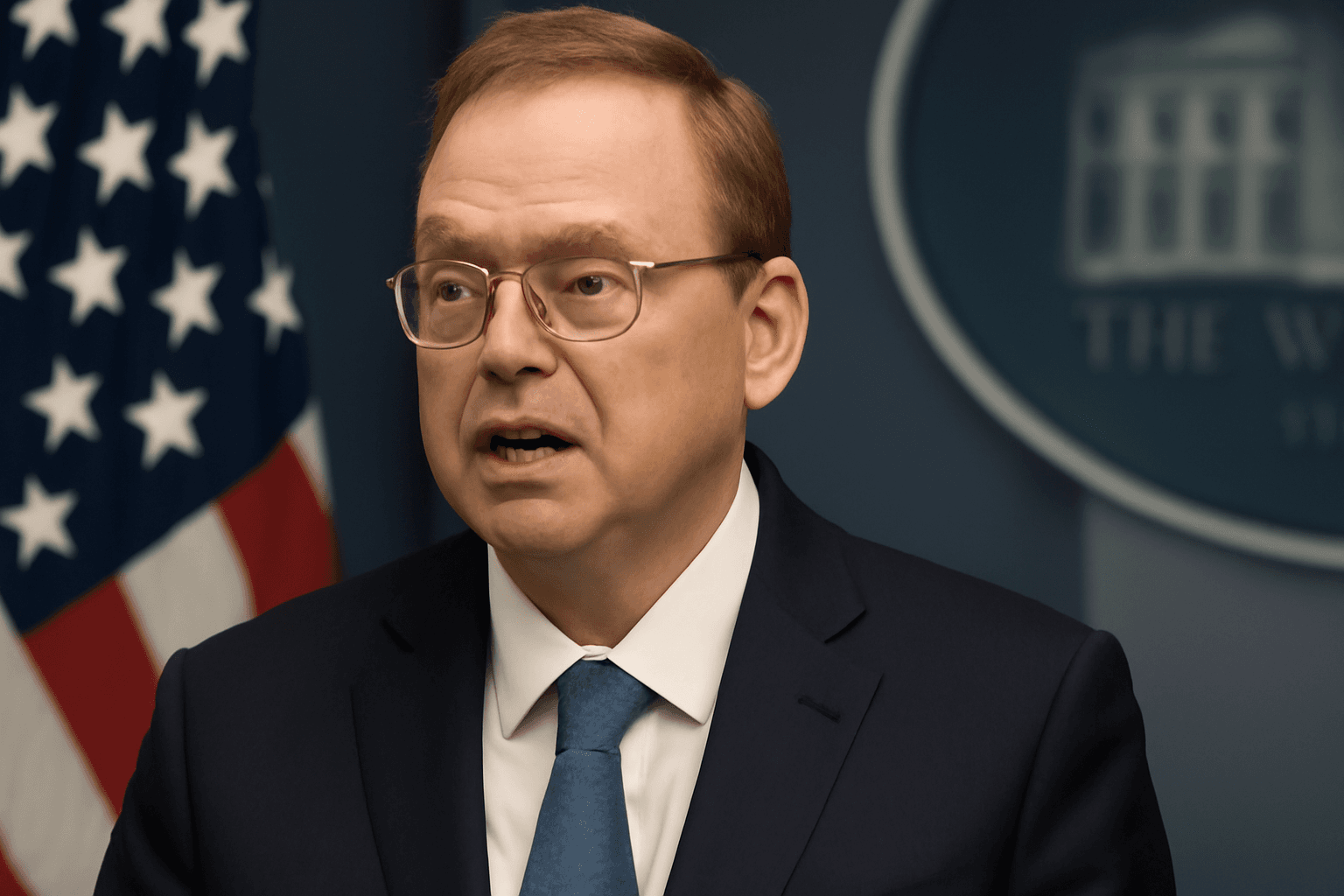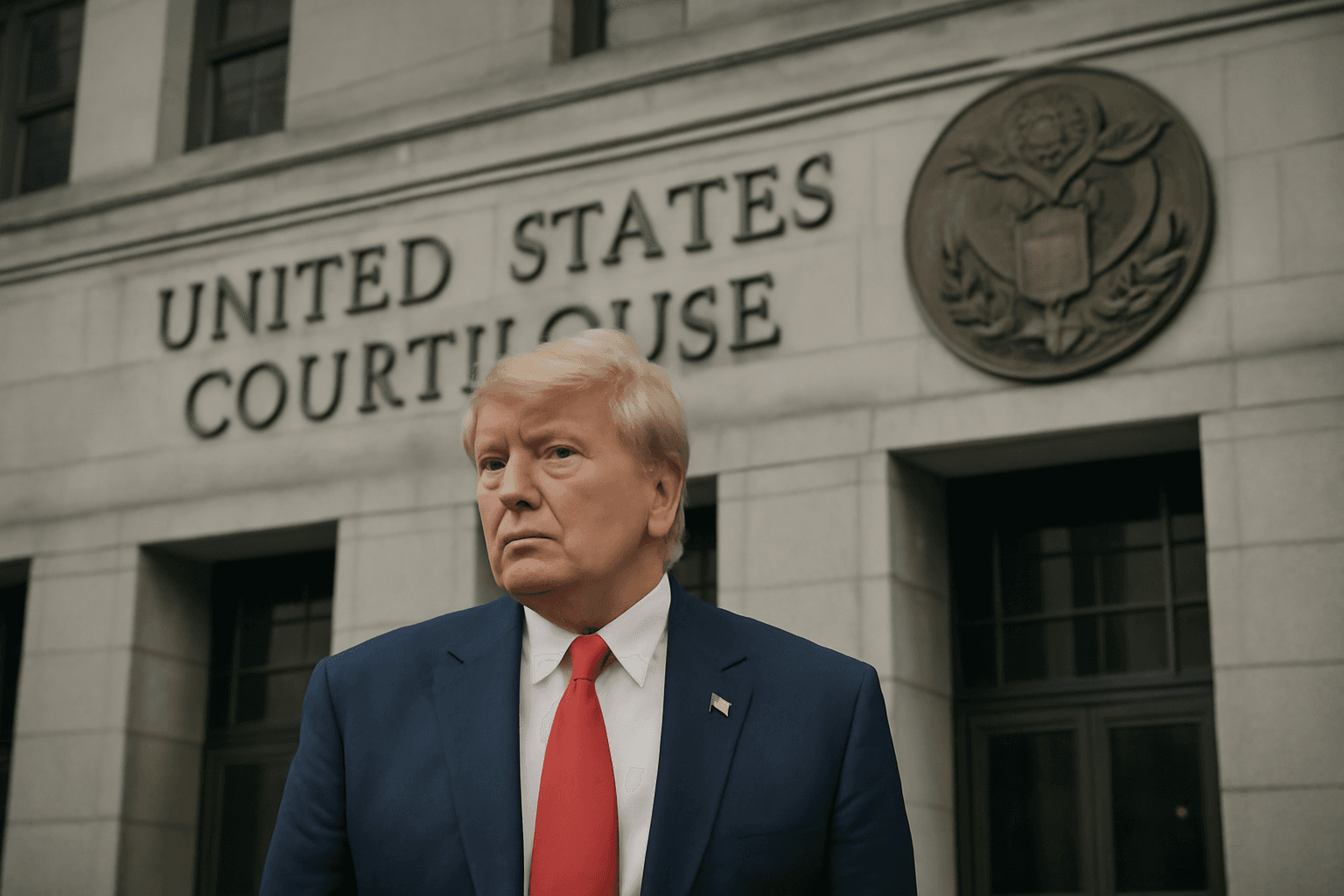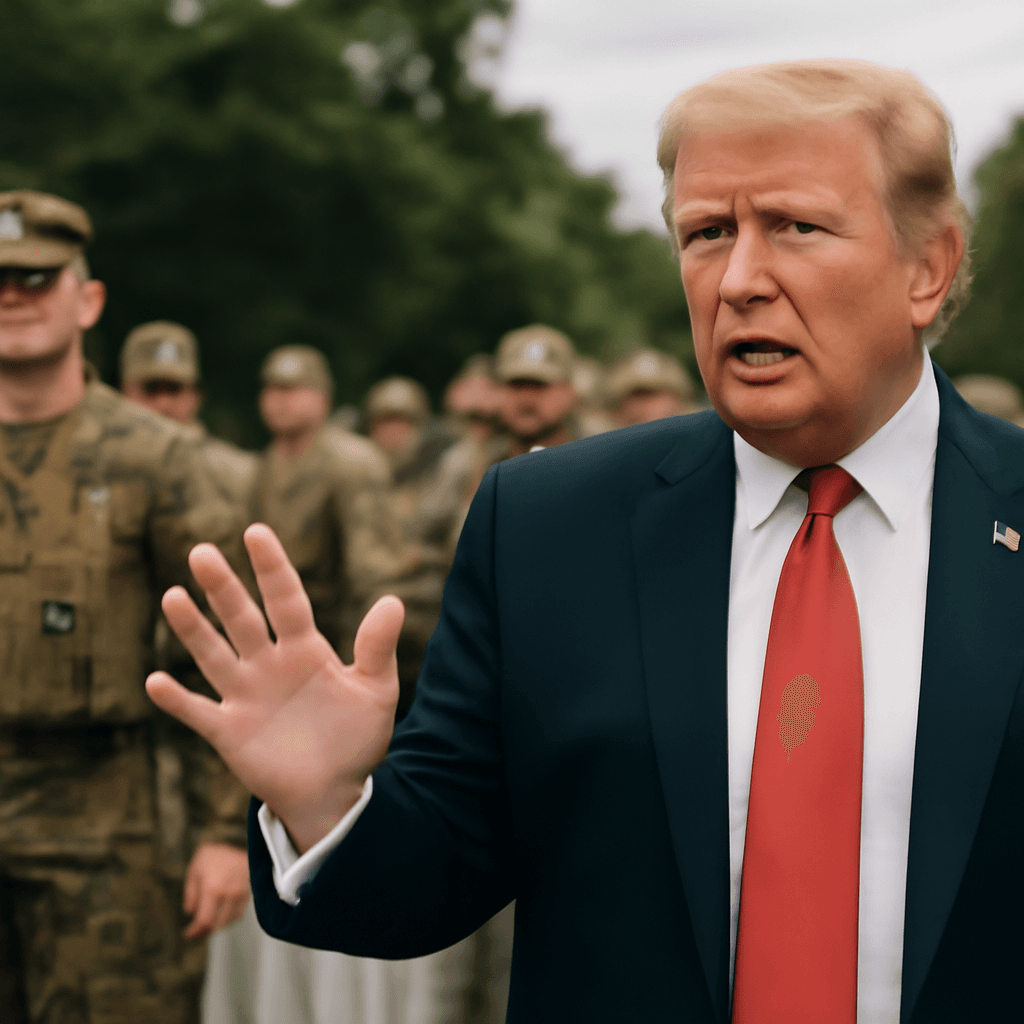US Appeals Court Temporarily Upholds Trump’s Controversial Tariffs
In a significant legal development, a federal appeals court has permitted the continuation of President Donald Trump's broad tariffs while reviewing a lower court’s ruling that had blocked them. The decision means these tariffs remain in place as the court considers the administration's appeal.
Background: The Legal Battle over Emergency Powers
The tariffs in question stem from President Trump’s invocation of the International Emergency Economic Powers Act (IEEPA), a 1977 law traditionally used for sanctions during national emergencies. Trump is the first president to employ IEEPA to impose economic tariffs, pushing the boundaries of presidential authority. Critics argue that these tariffs exceed constitutional limits, with a recent ruling stating that only Congress possesses the power to impose taxes and tariffs.
The Scope of the Tariffs and Litigation
These tariffs include the so-called “Liberation Day” tariffs applied broadly to imports from most US trading partners, as well as separate duties targeting Canada, China, and Mexico. The tariffs have created volatile market conditions, disrupting supply chains and causing uncertainty among businesses of all sizes.
- On May 28, a three-judge panel from the US Court of International Trade ruled the tariffs unlawful.
- The panel found that the president overstepped by using IEEPA for tariff imposition.
- Multiple lawsuits from small businesses and states—including a group led by Oregon—challenged the tariffs’ legality.
Current Appeals Court Action
In response, the US Court of Appeals for the Federal Circuit agreed to hear the case en banc—meaning all 11 active judges will consider it, underscoring its importance. The court scheduled oral arguments for July 31. Meanwhile, the appeals court granted a stay on the lower court’s injunction, allowing the tariffs to remain effective during the appeal process.
Reactions From Stakeholders
Legal representatives for the small businesses opposing the tariffs expressed disappointment over the decision to keep the tariffs active but remain optimistic about the ultimate outcome. One attorney emphasized that every court ruling so far has found the tariffs unlawful and expects this court will reach the same conclusion.
The Trump administration maintains broad authority under IEEPA to impose these tariffs, asserting they serve critical objectives, such as combating illegal fentanyl trafficking and addressing the US trade deficit. However, these justifications have faced pushback from the affected countries and US states.
Looking Ahead: What This Means for Trade and the Law
The ruling currently affects only the tariffs imposed under IEEPA and does not impact other duties, such as those on steel and aluminum, that rely on different legal foundations. The case highlights an unprecedented use of emergency powers that could redefine the scope of presidential authority over trade policy.
As the legal battle unfolds, businesses and markets will closely monitor the court’s decision, given the significant economic stakes and the broader implications for executive power.
Stay tuned for updates as this landmark case progresses through the judicial system.

